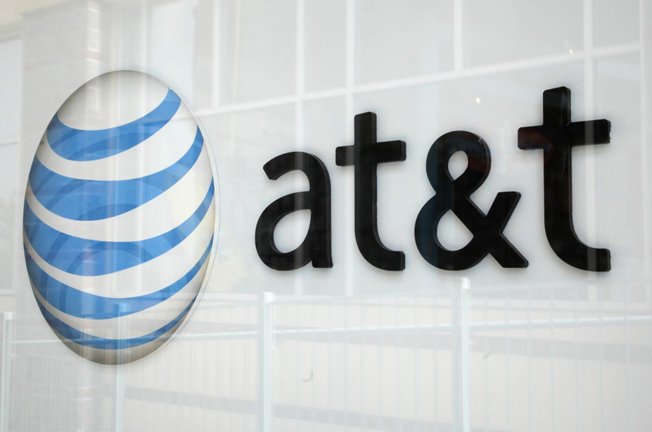Over the past several months, wireless carriers have found themselves in hot water over a “cramming” scandal which involves placing third-party charges on customers’ bills without permission. Like T-Mobile before it, AT&T has been caught billing its customers for $9.99 subscriptions to ringtones and premium text message services that they never signed up for. Worst of all, AT&T kept at least 35% of the charges.
RELATED: FTC sues T-Mobile for allegedly hitting customers with hundreds of millions in bogus charges
The FTC announced on Wednesday that AT&T would be slapped with a $105 million settlement in order to make up for its illegal activity. $80 million will go to the FTC, which will then distribute refunds to customers that were affected by cramming charges, $20 million will be rewarded to state governments for penalties and fees and the remaining $5 million will be a penalty paid to the FCC.
“I am very pleased that this settlement will put tens of millions of dollars back in the pockets of consumers harmed by AT&T’s cramming of its mobile customers,” said FTC Chairwoman Edith Ramirez. “This case underscores the important fact that basic consumer protections – including that consumers should not be billed for charges they did not authorize – are fully applicable in the mobile environment.”
If you believe you might have fallen prey to AT&T’s cramming charges, head to www.ftc.gov/att to submit a refund claim.
An AT&T spokesperson provided BGR the following statement:
“In the past, our wireless customers could purchase services like ringtones from other companies using Premium Short Messaging Services (PSMS) and we would put those charges on their bills. Other wireless carriers did the same.
While we had rigorous protections in place to guard consumers against unauthorized billing from these companies, last year we discontinued third-party billing for PSMS services.
Today, we reached a broad settlement to resolve claims that some of our wireless customers were billed for charges from third-parties that the customers did not authorize. This settlement gives our customers who believe they were wrongfully billed for PSMS services the ability to get a refund.”
The company also points out that it decided to discontinue billing for premium SMS content in December 2013 and was the first carrier in the United States to do so.




